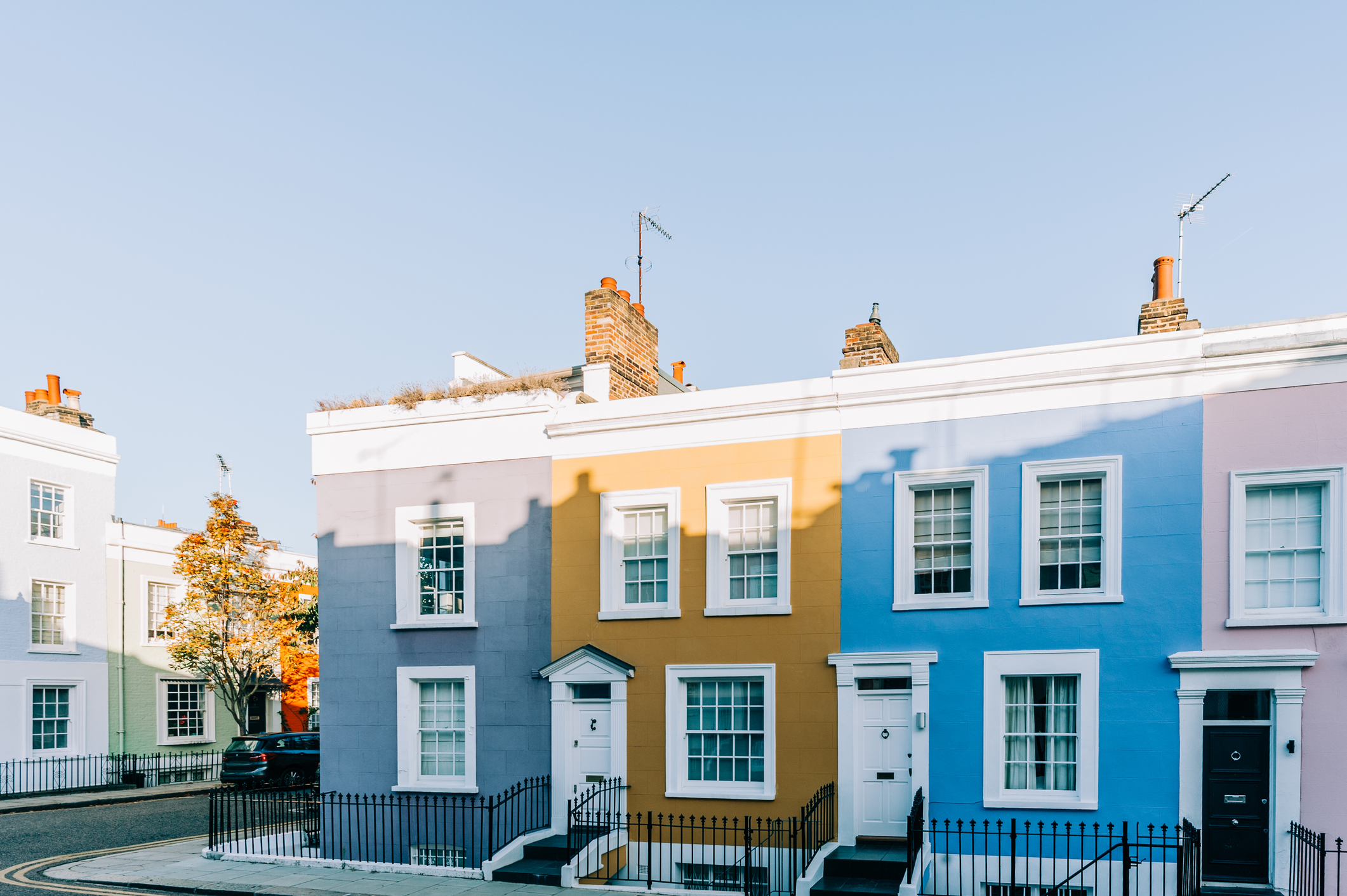UK house prices drop at their fastest rate since 2009
UK house prices are down £14,000 over the last year as buyers retreat from the market, the latest data from Halifax showed.


Get the latest financial news, insights and expert analysis from our award-winning MoneyWeek team, to help you understand what really matters when it comes to your finances.
You are now subscribed
Your newsletter sign-up was successful
Want to add more newsletters?
UK house prices saw their largest year-on-year decrease since 2009 in August, data from Halifax has shown, as higher interest rates weigh on buyer demand.
House prices haven fallen consistently in 2023. The Bank of England has hiked its base rate fourteen times in a row, taking it to 5.25% which has increased mortgage rates, pricing buyers out or deterring others from purchasing a home.
On an annual basis property prices fell 4.6% from 2.5% the month before. That’s the biggest year-on-year decrease since 2009, but “it should be noted that this is relative to the record-high property prices seen last summer”, says Kim Kinnaird, director at Halifax Mortgages.
Try 6 free issues of MoneyWeek today
Get unparalleled financial insight, analysis and expert opinion you can profit from.

Sign up to Money Morning
Don't miss the latest investment and personal finances news, market analysis, plus money-saving tips with our free twice-daily newsletter
Don't miss the latest investment and personal finances news, market analysis, plus money-saving tips with our free twice-daily newsletter
On a month-on-month basis average house prices fell by 1.9% in August – their largest monthly fall since November 2022.
The typical UK home now costs £279,569, down by £14,000 over the last year – however it remains £40,000 higher than pre-pandemic levels.
“It’s fair to say that house prices have proven more resilient than expected so far this year, despite higher interest rates weighing on buyer demand,” says Kim Kinnaird, director at Halifax Mortgages.
“However, there is always a lag-effect where rate increases are concerned, and we may now be seeing a greater impact from higher mortgage costs flowing through to house prices.”
High mortgage rates weigh on property market
UK mortgage rates have increased significantly over the last year as the Bank of England hikes the base rate to tackle inflation.
And while the rate of inflation has slowed, the cost of borrowing has increased significantly.
Average two- and five-year fixed mortgages are currently 6.67% and 6.17% respectively, near their highest level in 15 years.
Some lenders have made cuts to their rates over the past couple of weeks, but “they are likely to remain lofty in the near term, with interest rates set to remain elevated in a bid to rein in stubbornly high inflation,” says Myron Jobson, senior personal finance analyst at interactive investor.
“As such, buyers will have little option but to buckle down and figure out how to make the numbers work in the new era of high mortgage rates.”
Will house prices keep falling?
Andrew Bailey, the governor of the Bank of England, said that while we may be nearing the peak of interest rate rises these could stay elevated for a long period of time.
Elevated interest rates could mean mortgage rates will stay high, but “there is a silver lining”, says Karen Noye, mortgage expert at Quilter.
“A consistent interest rate, even if elevated, offers a semblance of predictability,” addss Noye. “This stability is vital for potential homeowners, especially first-time buyers. The absence of wild fluctuations allows these buyers to plan their finances with more certainty.
“Historically, uncertainty in interest rates has deterred many from entering the housing market, fearing unforeseen spikes in their monthly outgoings and cause chains to collapse. The current scenario, where the rates might remain consistent, could act as a magnet, drawing first-time buyers back into the housing fold.”
Still, most analysts expect prices to fall this year.
Zoopla expects the number of property sales will fall to its lowest level since 2012 this year. The Royal Institution of Chartered Surveyors also said the outlook for the UK housing market is getting worse.
“We do expect further downward pressure on property prices through to the end of this year and into next, in line with previous forecasts,” added Kinnaird.
How did house prices change regionally?
All UK nations registered a decline in house prices over the last year but northern locations proved more resilient than southern areas.
House prices fell by 5% in the South East, for an average house price of £379,565. In Wales property prices fell by 4.7% to £212,967.
In Northern Ireland prices fell by 1.5% annually to £182,700 and in Scotland they saw the slowest pace of decline, dropping by 0.6% to £201,932.
In London house prices fell by 4.1% over the last year, but the capital remains the most expensive place to buy a home in the UK.
Get the latest financial news, insights and expert analysis from our award-winning MoneyWeek team, to help you understand what really matters when it comes to your finances.
Nic studied for a BA in journalism at Cardiff University, and has an MA in magazine journalism from City University. She has previously worked for MoneyWeek.
-
 Do you face ‘double whammy’ inheritance tax blow? How to lessen the impact
Do you face ‘double whammy’ inheritance tax blow? How to lessen the impactFrozen tax thresholds and pensions falling within the scope of inheritance tax will drag thousands more estates into losing their residence nil-rate band, analysis suggests
-
 Has the market misjudged Relx?
Has the market misjudged Relx?Relx shares fell on fears that AI was about to eat its lunch, but the firm remains well placed to thrive
